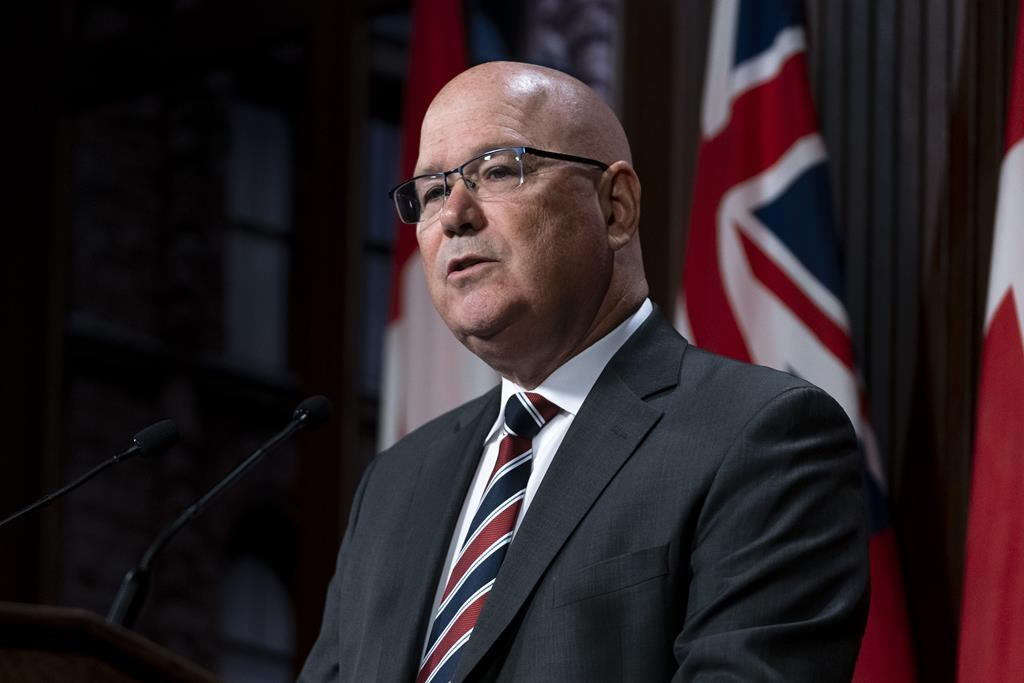The City of Toronto is on the brink of a housing crisis as city council recently voted against allowing sixplexes citywide, jeopardizing a critical $30 million in federal funding. This decision comes amid an urgent need for affordable housing and increased density in the country’s largest city, and it raises questions about the priorities of local leadership and the federal government’s commitment to social justice.
City Council"s Short-Sighted Decision
In a June council meeting, Toronto"s leadership opted to maintain permissions for fourplexes while restricting sixplex construction in various districts. This amendment directly contradicts commitments made under the Housing Accelerator Fund, which seeks to encourage municipalities to embrace more diverse low-rise multi-unit housing. The detrimental impact of this decision extends beyond the immediate loss of funds; it signals a reluctance to adapt to the pressing housing needs within the community.
Federal Funding at Stake
Warnings from former federal housing minister Nate Erskine-Smith indicated that any deviation from a citywide sixplex policy would result in a 25% reduction in federal funding. Mayor Olivia Chow’s administration now finds itself in a precarious position where the loss of $30 million could severely hinder ongoing housing development initiatives. The new housing minister, Gregor Robertson, has not clarified the federal response, leaving many questioning the government"s resolve in tackling this crisis.
Understanding the Need for Sixplexes
Sixplexes represent a pivotal step towards addressing the housing shortage in Toronto. By allowing for these larger multi-unit residences, the city could significantly increase its capacity to house lower-income families and individuals in a time when one-third of Canadian households live in substandard conditions, as reported by research. This form of "gentle density" is essential for cities like Toronto that are grappling with skyrocketing real estate prices and a lack of affordable options.

Toronto Council moves forward with D.O.R.A. proposal | News ...
Community Voices Ignored
During discussions at City Hall, advocates for affordable housing voiced their frustrations as council debated the future of sixplexes. Councillor Gord Perks, a proponent of the citywide adoption, expressed deep concern over the potential loss of funding and the implications for marginalized communities who desperately need housing solutions. The failure to prioritize these voices only further entrenches systemic inequities in housing.
Alternative Solutions for Housing Development
Alison Smith, a professor at the University of Toronto, argues that the federal government should not resort to financial penalties as a means to enforce compliance on housing initiatives. Instead, she advocates for providing municipalities with the support necessary to meet housing targets, emphasizing that a punitive approach fails to recognize the complexities individual communities face in addressing their housing needs. This perspective aligns with the growing call for a more equitable and sustainable approach to urban planning.
The Environmental Justice Angle
From an environmental perspective, the promotion of sixplexes is not just a housing issue but also a matter of sustainability and climate action. Increased density in urban areas can lead to reduced carbon footprints by promoting public transit, walkability, and less reliance on automobiles. The city’s failure to implement effective zoning changes for sixplexes hinders progress towards a more sustainable urban environment, as outlined in various sustainability policies. This is a critical moment for Toronto to recalibrate its housing strategies to align with climate goals and social equity.

Ontario housing minister quits as pressure from Greenbelt ...



![[Video] Gunfire between Iraqi security forces and Sadr militias in Baghdad](/_next/image?url=%2Fapi%2Fimage%2Fthumbnails%2Fthumbnail-1768343508874-4redb-thumbnail.jpg&w=3840&q=75)
